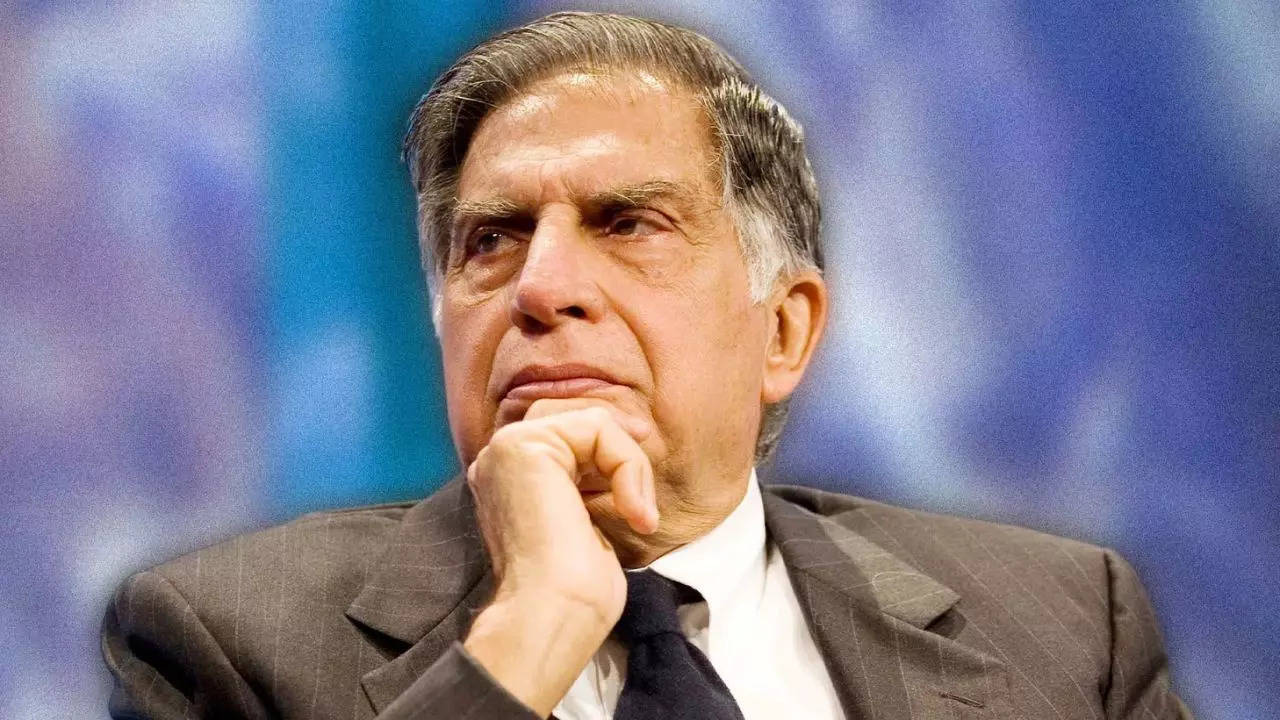
Ratan Tata – one of India's most respected industrialists – died on Wednesday (October 9) evening at the age of 86 in Mumbai. Known not only for his success in business but also for his humility and integrity, Ratan Tata’s leadership of the Tata Group and commitment to philanthropy earned him a unique place in the hearts of millions, making him a rare figure with virtually no haters.
Childhood Marked By Personal Challenges
Born into the Tata family in 1937, Ratan Tata's early life was marked by personal challenges, including his parents' separation when he was 10. Raised by his grandmother, he grew up with strong values, which later shaped his leadership style. Despite a privileged upbringing, he worked his way up from the shop floor of Tata Motors, learning the ropes of the family business.
When Ratan Tata took over as Chairman of the Tata Group in 1991, he faced skepticism from senior executives. However, his visionary leadership turned the group into a global powerhouse. Under his guidance, Tata acquired iconic brands like Jaguar Land Rover, Tetley, and Corus, cementing its international reputation. His bold decision-making helped the company expand into more than 100 countries.
Commitment To Social Causes
Beyond business, Tata was always deeply committed to social causes. Over 65% of Tata Sons' profits go toward charitable endeavors through the Tata Trusts, which fund projects in education, healthcare, and rural development. During the COVID-19 pandemic, Tata personally donated ₹500 crore to relief efforts, earning widespread admiration.
He Made Available Affordable Transport
Perhaps one of his most notable achievements was the launch of the Tata Nano, aimed at providing affordable transportation for Indian families. His empathy for the common man and efforts to create products that make a difference in everyday lives have endeared him to the public.
With his legacy of responsible business and selfless giving, Ratan Tata became a beloved figure in Indian society—truly a man with zero haters.

